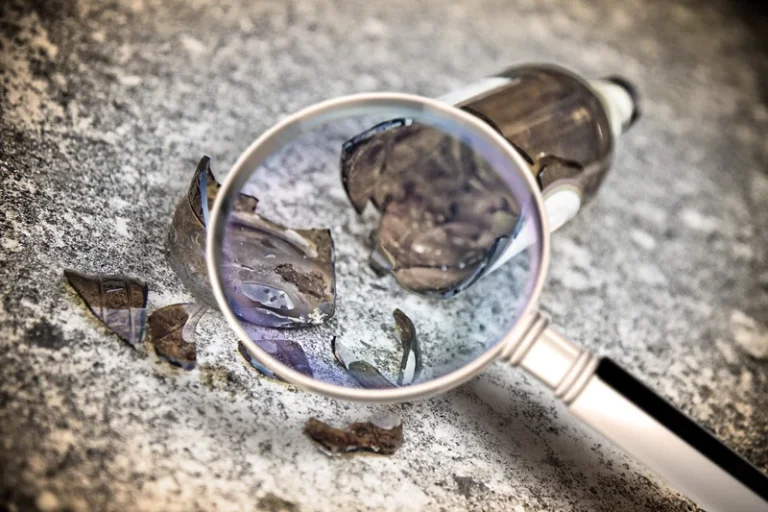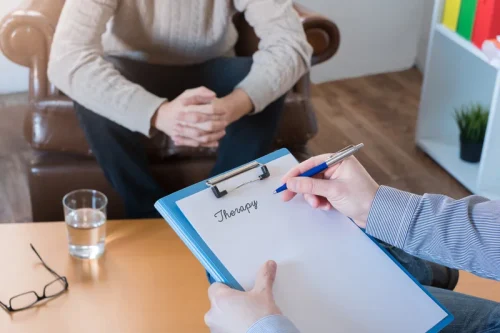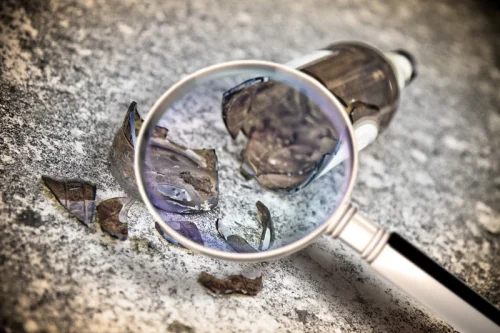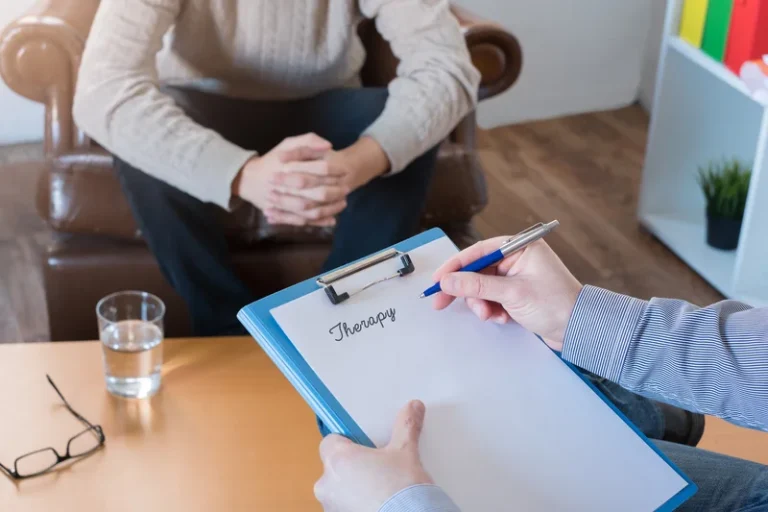Understanding Alcohol Sweats and Withdrawal Symptoms

Whiskey may provide temporary relief from specific cold symptoms, but it’s generally not advisable to consume alcohol when sick. Alcohol can suppress the immune system and dehydrate the body, which is counterproductive when trying to recover from a cold. If you want to cut back on drinking, but don’t know where or how to start, consider trying Reframe. We’re a science-backed app that has helped millions of people reduce their alcohol consumption and enhance their physical, mental, and emotional well-being. It goes without saying, but the best way to avoid hot flashes from alcohol is to limit our consumption of alcohol or not drink at all.
Treating Alcohol-Related Night Sweats
- If you have symptoms of hyperthyroidism, contact your healthcare provider so they can run a thyroid function test.
- While night sweats are a common and uncomfortable symptom of alcohol withdrawal, understanding their cause provides a foundation for managing them effectively.
- Your liver is actually the main heat-producing organ in your body anyway.
These symptoms must greatly affect and cause you not to do well in school, work, or relationships.

What Are Night Sweats From Alcohol Use?
The main reason alcohol causes this effect is its impact on the body’s blood vessels. When alcohol is ingested, it causes the blood vessels near the skin’s surface to dilate or expand. This dilation allows more blood to flow close to the skin, resulting in a flushed appearance and a feeling of warmth. Consequently, the body tries to cool down by triggering perspiration, which leads to sweating. If you experience hot flushes or other https://ecosoberhouse.com/ discomfort after drinking alcohol, it may be a sign that your nervous system or your body in general is affected.
Causes of Night Sweats

If you are experiencing excessive sweating from drinking alcohol, it is best to try to cool down. An alcohol intolerance means your body cannot break down alcohol well.1 Some people are more prone to alcohol intolerance than others. Sober living home The only way to prevent the symptoms of alcohol intolerance is to avoid drinking alcohol. If you drink a lot or suffer from a condition like facial flushing, you might feel very warm after a night of drinking. In some cases, you may even experience excessive sweating or hot flashes. It is okay to enjoy a drink or two every once in a while without any negative effects.

Alcohol may cause hot flashes while you drink and after you’ve stopped drinking.
Most notable will be unexplained weight loss and a rapid or irregular heart rate. Still, feeling hotter than usual without any clear cause can sometimes be a sign of something else at play. Causes can range from conditions like diabetes or thyroid problems to stress or anxiety. It can also be something that develops during menopause or in older age.
Drinking a lot of alcohol can affect the muscles in your blood vessels, and it causes them to constrict and become narrower, which increases blood pressure (a.k.a. hypertension). Alcohol has various effects on the body that can lead to excessive sweating. Hot flushes after drinking alcohol can happen for a variety of reasons, including drinking too much or as a symptom of a hangover. Beer, wine, wine coolers and liquor all count toward your daily limit for alcohol consumption — even if it’s “just a glass of wine” with dinner every evening. You’ll also get to take part in activities and classes that teach you skills for everyday life. These include how to manage your time, stay away from drugs, and be around others without using alcohol.
Impact on Blood Vessels and Circulation
- Alcohol poisoning is a serious medical complication that can happen to anyone, but particularly to people who binge drink.
- So whether you’re looking to soothe alcohol-related flushing or just better grasp why liquor makes you hot, read on as we uncover the fascinating thermal effects drinking can have.
- Neuroendocrine tumors and pheochromocytomas are rare cancers, says Dr. Horwitz.
- For example, drinking excessively can impair short-term memory and thinking ability, as well as increases the risk of developing cognitive disorders such as dementia.
Night sweats, a common condition why does wine make me hot characterized by excessive sweating during sleep, can significantly disrupt an individual’s rest and quality of life. While there are various causes for night sweats, such as menopause, infections, or certain medications, alcohol consumption is a particularly notable trigger. Understanding these mechanisms can provide valuable insights into managing and mitigating the effects of alcohol-induced night sweats. If you’re regularly experiencing night sweats after drinking alcohol, it may be a sign of underlying health problems, and seeking medical advice is recommended 2.
- Additionally, using products like panty shields and pant liners made with absorbent materials can help to keep excess sweat away from the skin.
- Both hot flashes and sweating are signs that your hangoverhas triggeredyour sympathetic nervous system, commonly referred to as your fight-or-flight response.
- When we are dehydrated, the body’s natural response is to sweat more to cool down.
- If you notice consistent episodes of sweating while you sleep, especially after a night of drinking, it may point to your body going into mild withdrawal as it processes the alcohol.
- Alcohol can trigger hot flashes, especially during a hangover when the body’s temperature starts to rise.
- You should also stay hydrated by alternating between alcoholic and non-alcoholic beverages throughout the night.

Unless it is a symptom of alcohol withdrawal, sweating when you drink is more of an annoyance than a serious problem. On the other hand, if you find yourself sweating the morning after you drink, this is likely a hangover symptom. A major hangover can actually result in a low-grade fever due to a blood sugar drop, dehydration, or even an immune response. In other words, sweating while drinking can actually be somewhat dangerous in winter. Even if you feel hot, always bundle up when you go outside, and avoid trying to warm up by drinking. Also, some people drink alcohol as a coping mechanism to deal with social anxiety.
Leave a Reply